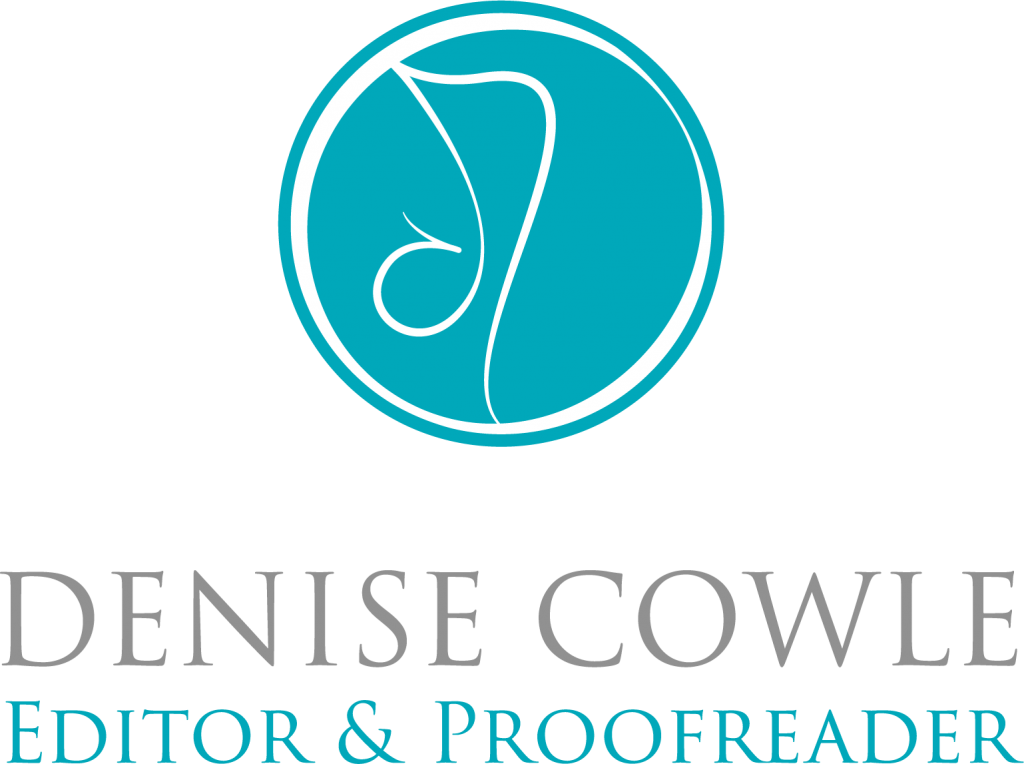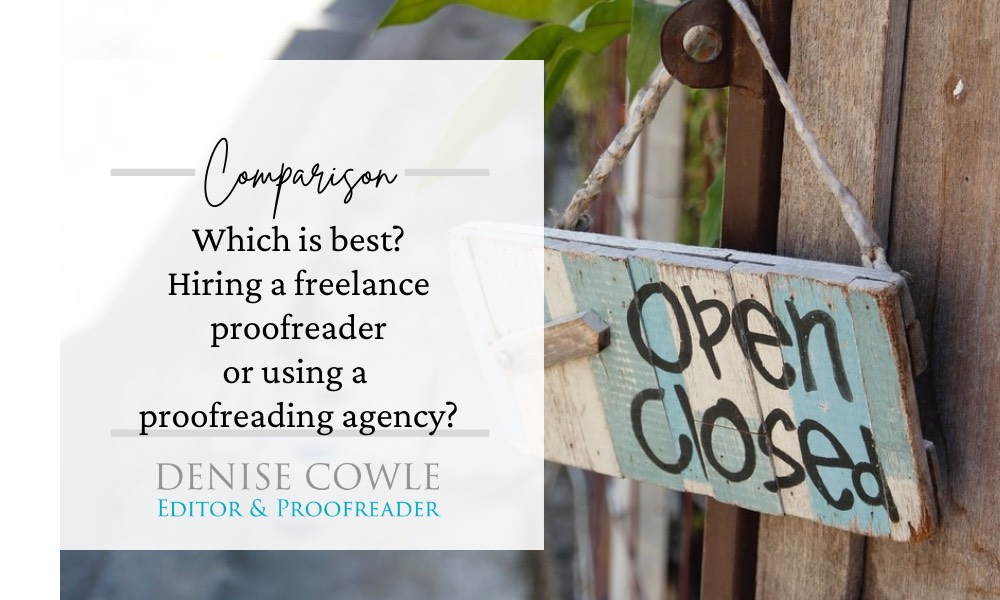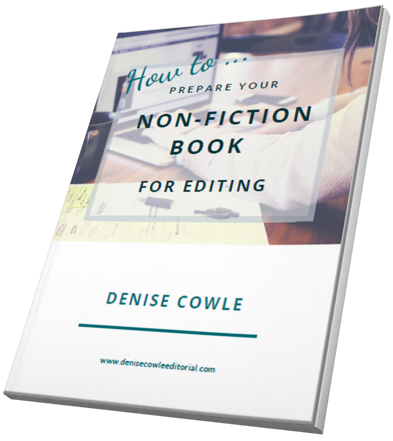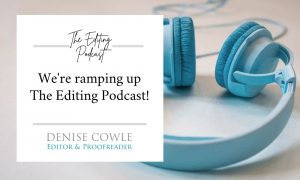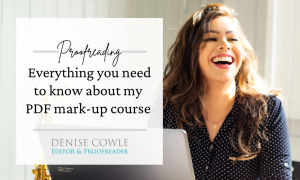You’re really busy producing a lot of great content for your website or blog, aren’t you?
But you’ve got a niggling feeling that you’re not getting it quite right – your finger hovers over the ‘publish’ button and you worry that you may have missed something.
Yes, you’ve got the proofreading wobbles.
You may even have been told outright that you’re not great at spelling and punctuation (I hope whoever it was told you nicely).
What’s your next step?
You realise that it might save you a lot of time (and heartache) if someone who actually likes all the things you struggle with edited your content.
But there are a LOT of editors out there – how do you even begin to sort through them to find the right person? Well, you could save the time and effort that will take and use a proofreading agency. But is that the right move for you?
Like so many things in life, it depends.
Let’s take a look at the pros and cons of proofreading agencies and freelance editors.
Proofreading Agencies
PROs:
- offer a managed service for you – this saves you time looking for the right editor
- act as a bridge between you and the editor – you won’t need to negotiate terms
- may have a large pool of editors and proofreaders that they can draw on, so they may ‘fit’ you with the right editor for your writing
- can often offer quick turnaround times
- can arbitrate with the editor if you are unhappy with the work done
- may offer more attractive rates
CONs:
- You are taking the word of the agency about the skills its employees have.
- You won’t necessarily know who has edited your work.
- You may not be able to have the same editor for future work.
- If there is no direct contact with your proofreader or editor, you can’t develop a working relationship with them.
- Work may be given to proofreaders on the basis of availability, rather than suitability.
- Agencies do not always pay good rates to freelancers and so can often be an entry point for new proofreaders willing to accept lower pay to gain experience – you may not get the benefit of an experienced professional.
GOOD FOR WHEN:
- You need a straightforward proofread and you don’t mind who does it.
- You don’t need to have a working relationship with a named proofreader.
Freelance Editors/Proofreaders
PROs
- You can research an individual and establish their level of training and experience.
- You can develop a working relationship with your proofreader for ongoing work.
- Many freelancers don’t work conventional office hours and so can provide quick turnarounds. They may work at weekends, or even overnight.
CONs:
- A freelance editor may charge higher rates than an agency.
- An experienced professional will be in demand and may not have capacity when you need them.
- It may take you longer to find the freelancer who is just right for you!
GOOD FOR WHEN:
- You or your company has specific requirements of a proofreader, e.g. technical or niche knowledge, evidence of particular training, or membership of a professional body such as the Society for Editors and Proofreaders.
- You would like to choose your proofreader personally.
- You would like to work closely with your proofreader on a regular basis.
There are, of course, experienced proofreaders who prefer to source their editing work through agencies, or who have a mix of clients from agencies and directly from their own marketing efforts.
As you can see, ultimately, which choice you make will depend on several factors. There are many proofreading and editing agencies to choose from, and some will offer a more personalised service and be more transparent than others. Think carefully about what you need.
If you decide to opt for a freelance proofreader or editor rather than an agency, my article How to Find a Professional Proofreader, Part 1 shows you where to look, and How to Find a Professional Proofreader, Part 2 gives you the questions to ask before hiring someone.
Do you find checking your writing a struggle? Are you never sure if you should use practise or practice? Or less or fewer? Do you get in a pickle with commas and colons?
Can you talk up a storm about your business, but when it comes to writing about it you sound like someone else?
